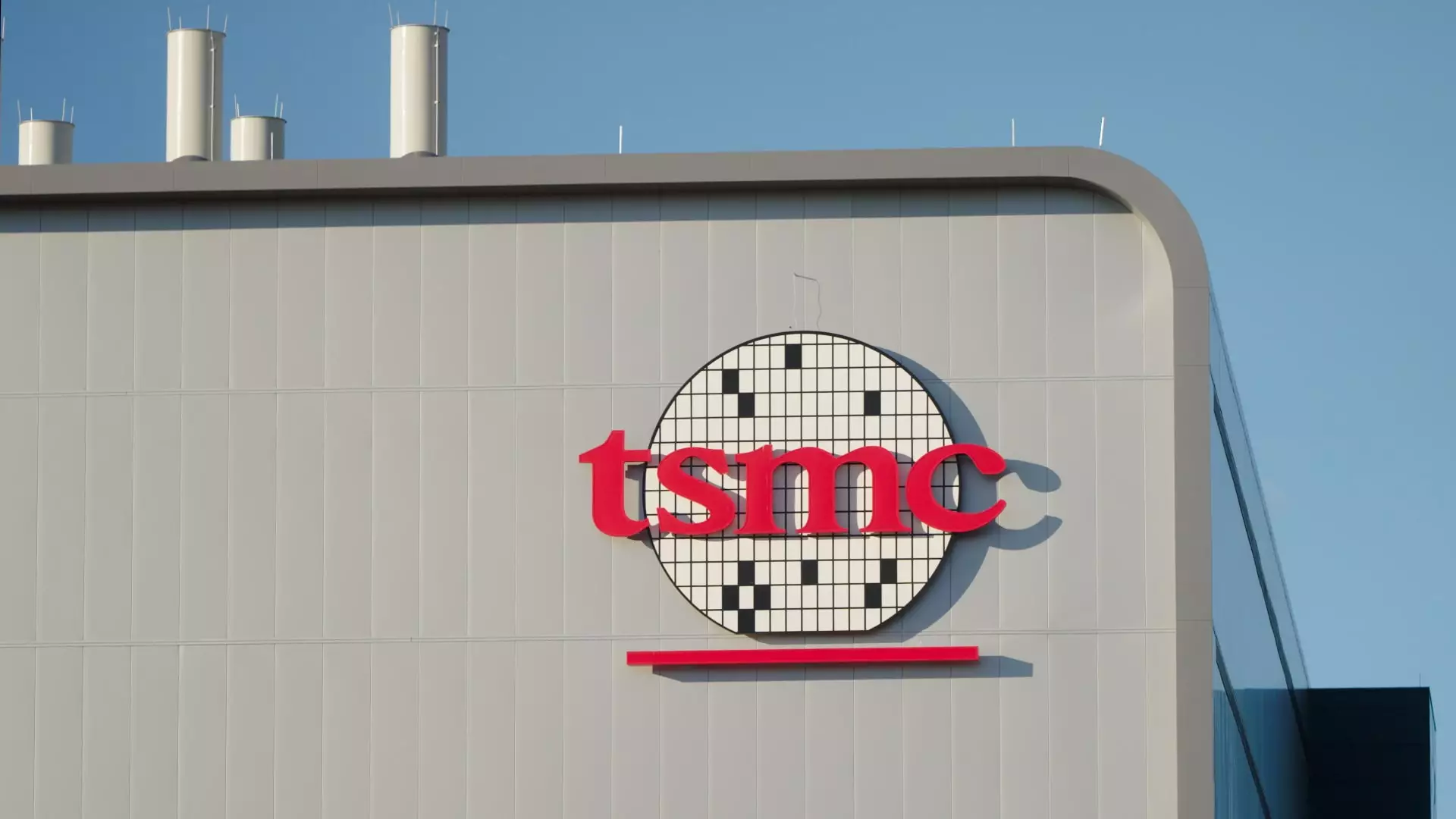The recent political landscape has seen President-elect Donald Trump deliver sharp criticisms towards Taiwan, accusing the island of “stealing” American market share in the semiconductor industry. This statement reflects the ongoing tension surrounding the global semiconductor supply chain, which is essential for various modern technologies. Trump’s rhetoric raises concerns about potential policy shifts that could impact international relations and the semiconductor sector’s dynamics. However, the prospects for Taiwan’s semiconductor manufacturing may not be as grim as his remarks suggest.
Taiwan Semiconductor Manufacturing Company (TSMC), the world’s leading chip manufacturer, has reiterated its commitment to expanding operations in the United States, irrespective of the political climate. The company is poised to benefit significantly from the CHIPS and Science Act, which allocates $6.6 billion in funding for TSMC’s cutting-edge fabrication plants in Arizona. As TSMC’s Chief Financial Officer Wendell Huang noted in an interview, the funding is expected to be disbursed gradually as construction milestones are met. So far, TSMC has already received $1.5 billion in government support, underscoring the administration’s dedication to bolstering semiconductor manufacturing within U.S. borders.
Construction Plans and Economic Implications
The construction of TSMC’s Arizona plants underscores a strategic pivot towards onshoring semiconductor capabilities, addressing both economic and national security concerns. Despite facing some initial production delays, the first plant is now operational, with the second plant expected to come online by 2028. The total investment from TSMC in Arizona has reached over $65 billion, a sign of the company’s long-term vision in the U.S. market that transcends the political back-and-forth between administrations.
The CHIPS and Science Act, designed to bolster domestic semiconductor manufacturing, has garnered bipartisan support in Congress. This political consensus is crucial; while Trump may have expressed reservations about the price tag associated with the bill during his campaign, experts believe that due to the act’s identity as a strategic national investment, the core policies will remain stable. The complexities of U.S.-China relations will likely induce a continuation of support for domestic chip manufacturing, especially given the increasing importance of semiconductor supply chains for both economic and military competitiveness.
Despite the critiques and uncertain political future, TSMC has announced record profits attributed to the surging demand for AI chips, boosting its market performance. CEO C.C. Wei has reaffirmed TSMC’s robust and longstanding relationship with the U.S., emphasizing the company’s unwavering commitment to advancing semiconductor technology in America. This reflects a broader narrative of resilience within the semiconductor industry, capable of navigating political tensions while delivering innovative solutions vital for the global economy.
While Trump’s accusations and the political discourse surrounding the semiconductor industry may attempt to paint a bleak picture for Taiwan, the reality is that TSMC remains a pivotal player in the broader narrative of onshoring manufacturing. With bipartisan support for critical legislation and a strategic commitment to domestic investments, the future of Taiwan’s semiconductor industry—and indeed, the global chip market—looks poised for continued growth and success.

